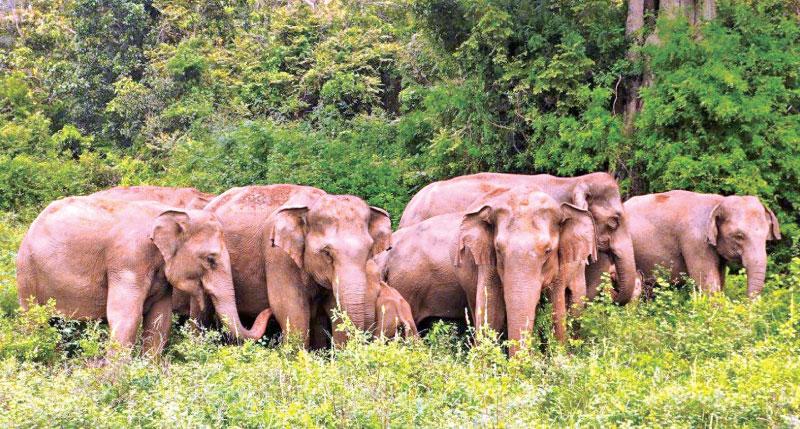
Cinnamon Hotels and Resorts, together with their globally acclaimed ecotourism arm Nature Trails, was recognized for their elephant conservation project by the Pacific Asia Travel Association (PATA) at the PATA Grand and Gold Awards 2018.
They will be honoured with the Gold Award for the Best Ecotourism Project under the Environment category at the awards ceremony during the PATA Travel Mart 2018 that will take place in Langkawi, Malaysia in September.
“We take pride in the work we do to promote responsible tourism in Sri Lanka, and the Cinnamon Elephant Project is one we consider most significant due to the critical nature of this sensitive issue. It gives us an opportunity to create more awareness in our efforts and encourage best practices in eco-tourism, especially, concerning elephants and their habitat,” said Chitral Jayatillake, Head of Nature Trails at Cinnamon Hotels & Resorts. “We are honoured by the PATA Gold Award for our work, and trust it would create more awareness of our efforts and encourage best practices in ecotourism across the island and among tourists. We thank PATA for this wonderful honour.”
The PATA Awards 2018 attracted 200 entries from 87 organizations and individuals, worldwide.
Considered to be among the top 10 greatest natural animal spectacles in the world, the Elephant Gathering is the largest wild gathering of the Asian elephant, occurring annually within the safety of the protected Minneriya and Kaudulla National Parks in the North Central Province of Sri Lanka. The Cinnamon Elephant Project, is a collaborative effort initiated in 2014, between Nature Trails and Centre for Conservation and Research funded by John Keells Foundation. This integrates both long-term conservation efforts of the endangered Asian elephant, and inclusive ecotourism practices in Sri Lanka through elephant viewing based on this annual elephant gathering.
The team successfully completed the first phase of the project in 2017 where over 70 elephants were identified, named and photo-catalogued. Phase two of the project was activated in early 2018 with the collaring of the matriarchs of two elephant herds with support from the Department of Wildlife Conservation (DWC), which enabled state-of-the-art satellite and GPS tracking of the two herds after the dispersion of the gathering.
Data gathered from tracking both collared matriarchs will help understand the exact seasonal movement of elephant herds, and help tackle the human-elephant conflicts through better land and water management recommendations. This also facilitates effective, long term conservation initiatives for Asian elephants.
